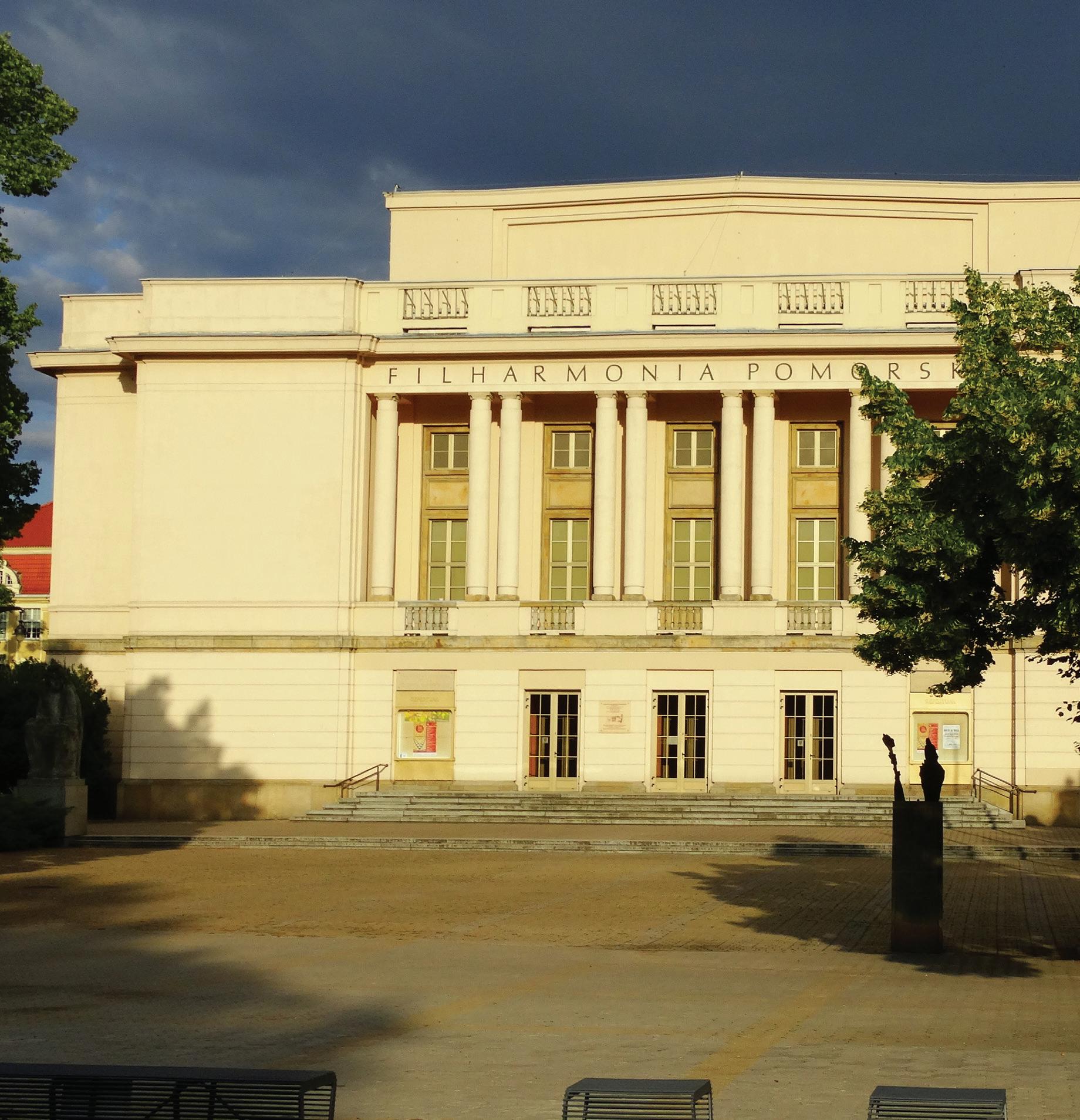
4 minute read
New Members: DHF World Harp Competition
from WFIMC Yearbook 2022
by WFIMC
DHF WORLD HARP COMPETITION
Utrecht, the Netherlands
Advertisement
WFIMC: Please tell us about the background, history and legacy of your competition.
Elizabeth Jaxon: Our competition was the brainchild of artistic director Remy van Kestern, back when he was still a student at the Utrecht Conservatory, here in the Netherlands. He and several other fellow harp students produced the first edition of the competition, alongside a festival, in 2010. At the time, Remy was also very much in the competition circuit himself, and his intention with starting a new competition was to model it largely on the same format as other international harp competitions while improving on certain key aspects. Thus, from the beginning, several things made the DHF World Harp Competition stand out: we have always been independent of sponsorship from any one harp maker, which keeps us operating free from business interests; we ensure that there are both harpists and non-harpists on the jury and that no jury members are teachers of any of the competitors, to avoid bias; and we have a unique voting procedure which avoids any kind of jury discussion, which we do to ensure that each jury member gets an equal say. On top of these guidelines, the competition has always been designed with the best interest of the candidates in mind. We recognize that participating in such a competition takes a lot of investment and is essentially a gamble – only one candidate can win! We want to make sure that the experience is worth it for everybody, regardless of what prize they take home. Pairing the competition with a festival was one example of this, as it gives participants the exposure to great performers and the chance to be inspired by
concerts and participate in the workshops with the great masters of our art. We give all eliminated candidates access to the jury members in whatever way possible, to receive constructive feedback.
Over the course of the first four biannual editions, the Dutch Harp Festival grew and evolved into a world class event in its own right, featuring the most ambitiously creative and diverse programing that can be found at any harp festival in the world. The competition was also active in commissioning new music, and in 2016, the final round featured three finalists performing a triple concerto with orchestra together on stage. Finally, in 2018, we decided to break away entirely from the restrictions of required repertoire lists. Within the harp world, there are many different forms of the instrument and different styles of playing, in addition to the classical concert harp. We were interested to include these and to focus on cultivating all-around artistry in young harpists, regardless of genre. In our new format, participants are invited to design a unique, original program to bring to the competition stage, and their challenge is to draw upon their individual strengths and authentic musical voice to capture the hearts of the jury. It's such a different way of thinking about harp competitions that it's taken a couple years for potential candidates to catch on, but the submissions we are receiving now are truly inspiring.
How have you been affected by Covid-19? What are your plans, your vision for the future?
In 2020, five finalists were selected in a difficult process, partly live, partly online. We then had to reschedule the festival and competition finals on May 2021. Our hope was to hold the event live and in person as always, but continuing Covid measures and travel restrictions forced us to improvise a hybrid event, with some performers live at our venue in Utrecht and others joining remotely, and with no in-person audience. The entire festival was streamed online, and the competition finalists gave their performances and received the results virtually. Looking forward to our next edition in 2022 now, we have decided to hold the first two rounds virtually, with candidates recording and sending in their material for the jury to review. Our preselection round is already in progress, and candidates that make it to the second round will submit video performances to be streamed and evaluated in early February. By the time we reach the semifinals and finals, which take place during the festival in May 2022, we expect to be able to hold a fully live and in-person event again.
Where do you see the biggest chance, the biggest opportunities for your future laureates? Or, to be more direct: why should someone apply to your competition?
First and foremost, every single candidate who participates, regardless of the results, comes away from this competition having designed and prepared an original program, which they can then take out into the world and perform. Our semifinalists have the added benefit of being booked as full artists at the Dutch Harp Festival, with all expenses paid – a valuable professional experience to include on a CV. We have three monetary prizes, total over €10.000. And the grand prize includes our personally-tailored CCC Development Program (standing for Care, Coaching & Career). Following each edition, the first-prize winner receives funding and career support, which meets them wherever they are on their musical journey and helps them reach for the next level. At every step along the way, we do our best to create a worthwhile and memorable experience for all our competitors.
Which countries/ regions are most prominent among your competitors?
Our candidates come from everywhere in the world, and we aim to be as inclusive as possible. As a Dutch organization, we do receive the largest number of applications from Western Europe, but there are also a significant number from the U.S. and Canada and from East Asia – Taiwan and Hong Kong especially. In both 2016 and 2018, the first prize was awarded to candidates from Mexico. This year, we also have participants from Paraguay and Australia.








